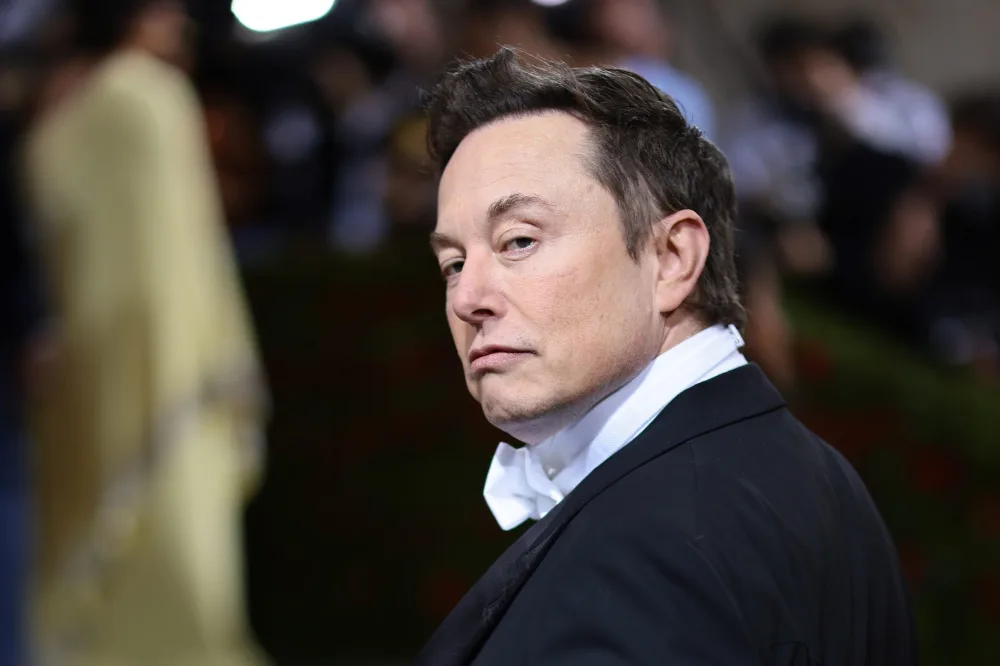Is Elon Musk a philanthropist?
30 May 2022
Elon Musk’s potential $44 billion purchase of Twitter has been met with concern, scoffs, and even derision.
Not because it is not a savvy business decision (that is not a judgment to make at this stage) but because only last year, in a Twitter exchange with the Director of the World Food Programme, Musk committed to putting up the six billion dollars considered necessary for ending world hunger, only to renege on the promise shortly afterward.
In response to criticism surrounding his perceived lack of philanthropy, Musk argued that all his existing ventures, including Tesla and SpaceX, are philanthropic because they exist to “do good for the future of humanity.”
Tesla aims to “accelerate the advent of sustainable transport and energy” and Space X is “providing internet to the least served people around the world.” The evidence of their “good” is fairly ample. Musk recently used SpaceX to support Ukraine by maintaining connectivity in some of the areas hardest hit by the war. But we must ask the question: Is this philanthropy?
Musk has a fraught relationship with giving. He recently argued that fellow billionaires employ philanthropy simply as a façade to curry public favor. In late November, he donated $5.7 billion “to charity” without disclosing any further details. It is not clear where his money has gone. But if this donation is legitimate, it would rank Musk as America’s second-biggest donor after Bill Gates and Melinda French Gates last year.
Many people are quick to criticize philanthropists–for giving too little, for giving to the wrong initiatives, or for giving for the mere sake of giving–but it’s difficult to give away money effectively. You cannot throw money at world problems and expect them to be instantly resolved.
Despite the backlash, Musk raises a good point: Money isn’t necessarily the answer. It’s how that money is used. He once said that “if you care about the reality of doing good and not the perception of doing good, then it is very hard to give away money effectively,” and I agree.
Philanthropy requires thoughtfulness. It requires a passion coupled with a strategic collaboration of expertise to ensure targeted and effective action.
I am tackling the largest disability in the world: poor vision. It cannot be solved through donation alone. It requires expertise, teamwork, risk, and it’s largely a matter of trial and error.
The criticism of Elon Musk fails to acknowledge that innovation is a core aspect of philanthropy. If we want to tackle the world’s largest issues, we need technologies and ideas to emerge that offer new solutions. Musk’s businesses may not look like acts of philanthropy, but their ground-breaking innovations could be just that.
Twitter offers another crucial opportunity for Musk to do “good for the future of humanity” by ensuring those who do not have a voice on the ground can find one online. The internet was designed to turn the world into a village, after all, and has done so successfully.
In the right hands, it could be used to build a global community. Thus far, Twitter’s algorithm has primarily amplified extreme rhetoric, turning the conversation into for-and-against debates that spark engagement. Misinformation and offensive sentiment are rife. This is exactly where Musk has the opportunity to do good by continuing to protect free speech while tweaking the algorithm to boost purposeful stories.
With his PayPal savvy, perhaps Elon Musk could incorporate a donations portal into the social media platform. He could make giving a core way people engage via Twitter and thus democratize philanthropy on a global scale.
Elon Musk certainly resembles a philanthropist in many ways: He is opinionated, smart, and forward-thinking. He yields great wealth, but his superpower is his influence. I hope he will use this influence to change one of the world’s most popular online platforms “for the good of future humanity.”
Twitter has rarely made the world a better place. Musk has rarely fully engaged with philanthropy. But if he is truly committed to doing good, Musk can flip the script.
James Chen is the founder of the Clearly campaign and chairman of the Chen Yet-Sen Family Foundation.
Read it on Fortune here: https://fortune.com/2022/05/24/elon-musk-philanthropy-success-twitter-sale-giving-free-speech-tech-james-chen/

